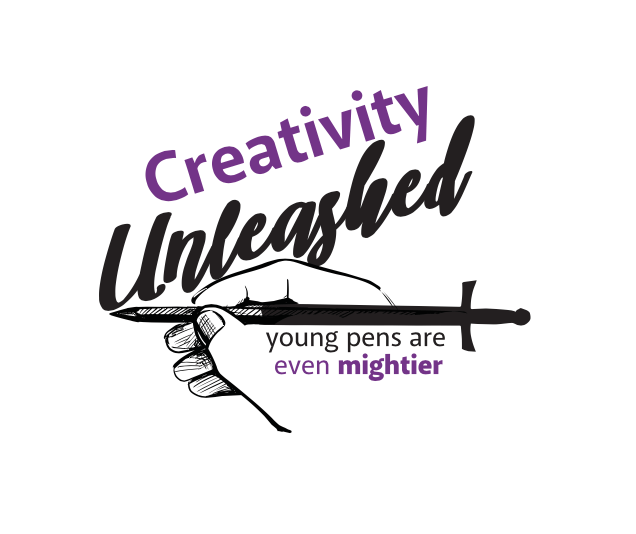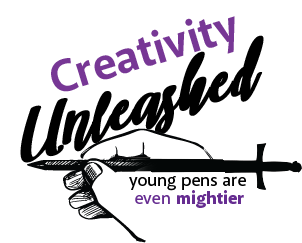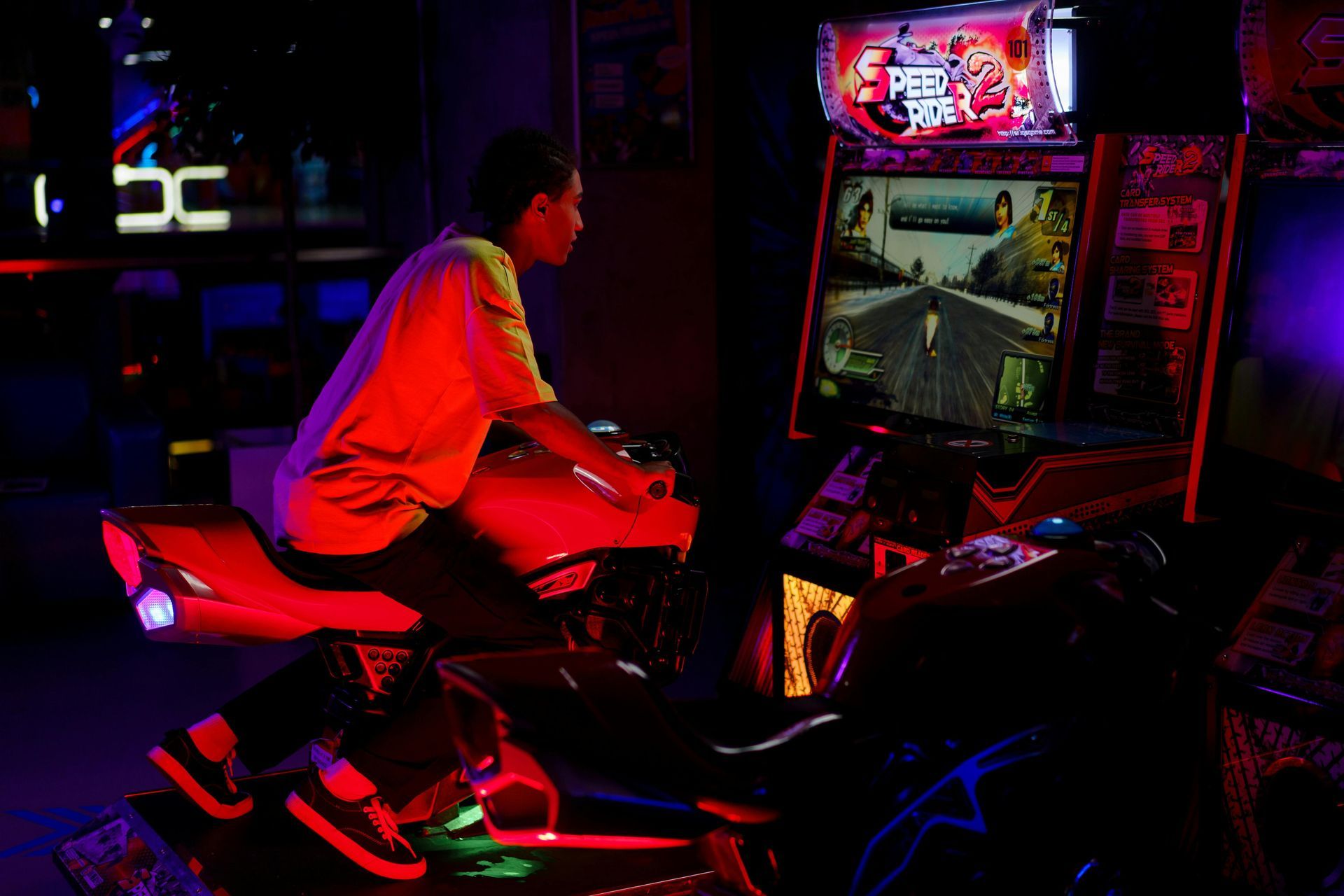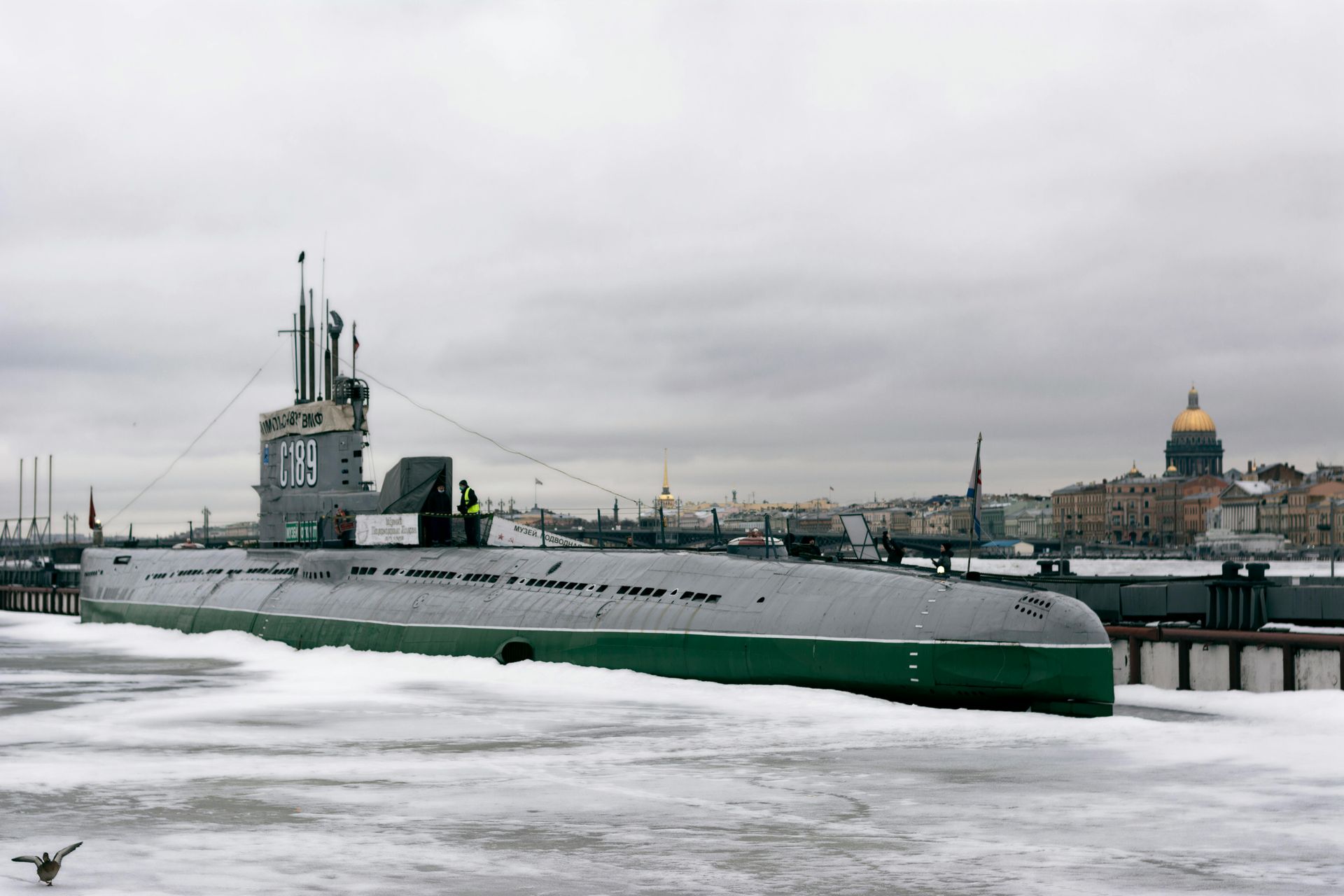In a Time Before Me, In a World Today
Written by Alvin Su from Benjamin Franklin High School - New Orleans, Louisiana
I Remembrance - 缅怀
Monday, June 26th, 2023, Taipei
Accompanied by my father, we landed in Taiwan under a soft, gray sky. The air, thick with the smell of rain, clung to our clothes as if it too remembered things better left forgotten.
The old days are woven in like a piece of brocade with faded patches here and there, certain memories now unclear and worn out. As I stood, the wind whispered through the willow trees like a gentle lullaby from mother nature. At the same time, my father’s silhouette cast a long shadow against the vibrant green hills.
The June heat in Taiwan felt particularly stifling. Walking through the dimly lit stairwell of the columbarium, I glanced around and saw rows of urn niches quietly displayed, their faded numbers revealed from a ray of sunlight that pierced the solemn darkness through one of the few dirtied and tiny windows.
“You know,” my father’s voice was soft yet stern, “I never met him. He died before I was born. But I heard stories about him my whole life. It’s a little strange, isn’t it? To feel connected to someone you never knew.”
I nodded, even though I couldn’t understand. I was aware that my father carried these passed-down memories, stories told by older relatives, fragments of a man’s life reduced to anecdotes. But that’s just it - he carried them. Not me. Yet in his reverie, it felt inappropriate to do anything but agree.
The columbarium was quiet, almost eerily so. Rows upon rows of niches stretched out before us, each one identical to the last. The space felt impersonal, as though history had been packed away into these small, uniform compartments, with nothing to differentiate one life from another. We ambled through, my father checking the numbers against a slip of paper in his hand. When we reached the niche that held his ashes, I was struck by its starkness.
蘇耀光
生於民國14年3月29日
終於民國48年1月24日
1084
No photo. No inscription - just a name, birth and death dates, and a serial number. 1084. 1084. I wondered how many others there were – how many lost lives had been turned into just a few digits.
It felt deeply unsettling. This man, my great uncle, YaoGuang, whose life had been so involved with my family’s history, was now reduced to a few, bare details. With no image to remember him by, time had wiped him away completely, leaving only this faint remnant of his existence in a land both familiar and foreign.
I knelt beside the niche, carefully unfolding a handkerchief in my hand. The air, mixed with the lingering scent of stale dust, felt thick and oppressive, wrapping around us in the stillness. As I gently wiped away the thin layer of grime from the cold stone surface, I could sense the weight of time etched into the niche.
My father stood solemnly, his hands tightly clasped in front of him, his eyes fixed and unwavering as he stared at the compartment holding my great uncle’s ashes. Here rested the remains of someone more myth than man, a distant figure who had been in battles that belonged in a war I could scarcely fathom, fought in a time I could never touch.
Now, here we were - paying respects to a man I never met, whose life ended quietly, like so many others. My father bowed three times, murmuring soft words in Mandarin - regret, respect, sorrow. I stood beside him, uncertain of how to mourn.
I imagined my great uncle wandering through those first days in Taiwan, disoriented, unsure of what would come next. The world he had known had vanished, only to be replaced by uncertainty and exile. He had no family with him, no way of returning home.
In the end, Taiwan became his final resting place, even if it never became his home.
II Past - 往事
Saturday, July 1st, 2023, Beijing
We returned to my grandparents’ hometown, where the scenes of Taiwan positioned themselves comfortably within the frames of my current memory. When my father stood before my grandfather, the heaviness of a photograph cradled in his hands, there was a moment of pause before he passed over to him the picture of my great uncle’s urn.
My grandfather inhaled deeply from his cigarette, the smoke curling like ghosts of the past. He had a pensive expression as he held the photograph, and his far away gaze went right through that image, indicating that he was back in that day in 1949, the last day he ever saw his older brother.
“I still hear him sometimes…calling me.” My grandfather’s words drifted off, and I could see his eyes cloud with the burden of recollection. He paused, and then, as if the imprint of the past had taken hold of him, he began to recount that episode.
***
“Brother… Brother…” YaoGuang’s voice rose in urgency, piercing the stillness of the moment. It was only after the younger man finally responded, “I heard you,” that YaoGuang spoke again. His words, heavy with finality: “Brother, I’m going to Taiwan and will be back soon. I just wanted to say goodbye… You must take care of our family for me.”
***
In 1949, as the Chinese Civil War reached its climax, the Nationalist government, led by Chiang Kai-shek and the Kuomintang (KMT), faced defeat by the Communist forces under Mao Zedong. With the mainland falling under Communist control, the Nationalists retreated to Taiwan, accompanied by an estimated 1.2 million soldiers, government officials, and civilians. Taiwan, which had only recently been returned to Chinese rule after Japanese occupation, became the last stronghold for the Republic of China. The Nationalists hoped to regroup and eventually retake the mainland, but their exile marked the beginning of a long and tense standoff with the People's Republic of China.
YaoGuang, a lieutenant, was among them. He was 24. I pictured him in fragments - a young man, perhaps like the younger pictures of my grandfather, but more worn, more beaten by the world.
My family said he was filled with hope during those turbulent times, a flicker of optimism amid the chaos. They say he believed in the possibility of returning home one day, holding on to a dream that the conflicts would eventually cease and peace would prevail.
However, in a world dominated by hate and violence, it is, and always will be, hard for hope to manifest into reality.
***
Tuesday, December 22nd, 1987, Tianjin
The chill lingered thick all around, and the dust clung to the walls of the aging buildings. An old man knocked at the door, carrying news like weights on his shoulders. My grandfather’s heart stirred as if after all these decades, the silence would finally be broken. There had been fleeting rumors, but nothing certain. And now, the truth stood before him, delivered in a simple breath: your brother died in 1959.
The years that stretched between them fell away like dry leaves in a windstorm, leaving behind only the melancholy reality. My grandfather’s hope slipped through his fingers like water through a broken dam, rushing away before he could ever hope to hold onto it. This was the brother who had stood with him in 1949, promising him, vowing to him that he would return. My grandfather had upheld his part of the deal, taking care of their family, but my great uncle had not. And now that voice was gone forever, eternally trapped at the age of 34.
And just like that, a blade had cut through the last few threads of memory, severing the bond that had stretched across time and place. All those sleepless nights, all that waiting, the unspoken questions - they had led to this single moment, this bitter end. The man who had once called out to him, who talked with optimism, perhaps in a last ditch effort to assuage his own doubts, had left this world long ago, and only now had the truth come to light.
My grandfather sat down slowly, his hands clenched tight, fighting to hold back the flood of grief. "I should have known," he whispered, his voice trembling.
"All these years without a word… he must have been gone a long time. But I kept believing, hoping he was still somewhere out there, in Taiwan… that one day, he would come home."
III Belonging - 归属
How does a nation remember when it has been torn apart by conflict? In the Chinese Civil War, the land that bore my ancestors was split, not only by rivers or mountains, but by ideologies that cleaved families, friendships, and entire generations.
The Nationalists and Communists waged war against each other, but the true battleground lay not just in distant plains or city streets - rather, it lay in the hearts of the people, especially those left behind. Brother turned against brother. What had once been a unified country, with traditions and customs stretching back millennia, became fractured, and the wounds of that war did not close when the fighting stopped.
Decades later, though the bullets have long stopped flying, the invisible line across the strait remains as firm as ever. Political tensions flare up with each passing year, a constant reminder of the past that never really left. It only retreated, went back to lay in wait. While business ties and cultural exchanges have brought some sense of reconciliation, the wounds of 1949 still linger. Families remain divided, with each generation drifting further from the once-shared culture that bound them together, like strands of a fraying rope.
Today, the consequences of that split continue to dictate the lives of millions, shaping not just politics, but also personal identity, culture, and even the future of both places. It’s a legacy that has not faded, casting a shadow over two lands that could have (and should have) been united.
For my family, the war was never discussed directly; instead, it drifted in the background, like the quiet sorrow that filled that columbarium in Taiwan. It was a story not uncommon for many Chinese families, where one generation lost everything in a matter of years, and the next inherited not memories, but the silence of those who could not bear to speak of what had been lost.
The war that tore my ancestors’ land apart is the same war that reverberates through my own life, generations later. It is a history that I did not live, but it lives within me.
I hope, one day, like the lines in “The Blue and the Gray” by American civil war poet Francis Miles Finch:
No more shall the war cry sever
Or the winding rivers be red;
They banish our anger forever
When they laurel the graves of our dead.
This desire for peace captures a hope that lives deep within me - a wish for healing and unity among the scars of the past.
And so, I write. I write for my great-uncle YaoGuang, whose story was reduced to a serial number. I write for my father, who didn’t meet him, but still upholds his legacy in the family narratives that were quietly shared despite often being cloaked in silence.
I write for a country divided, for loved ones estranged, and for the generations who continue to feel the aftershocks of a war that ended decades ago but not really.
Because this is not just the story of a war. This is the story of memory, belonging, and heritage - how it was passed down, how it was carried, how it was forgotten, and how it must be remembered.



